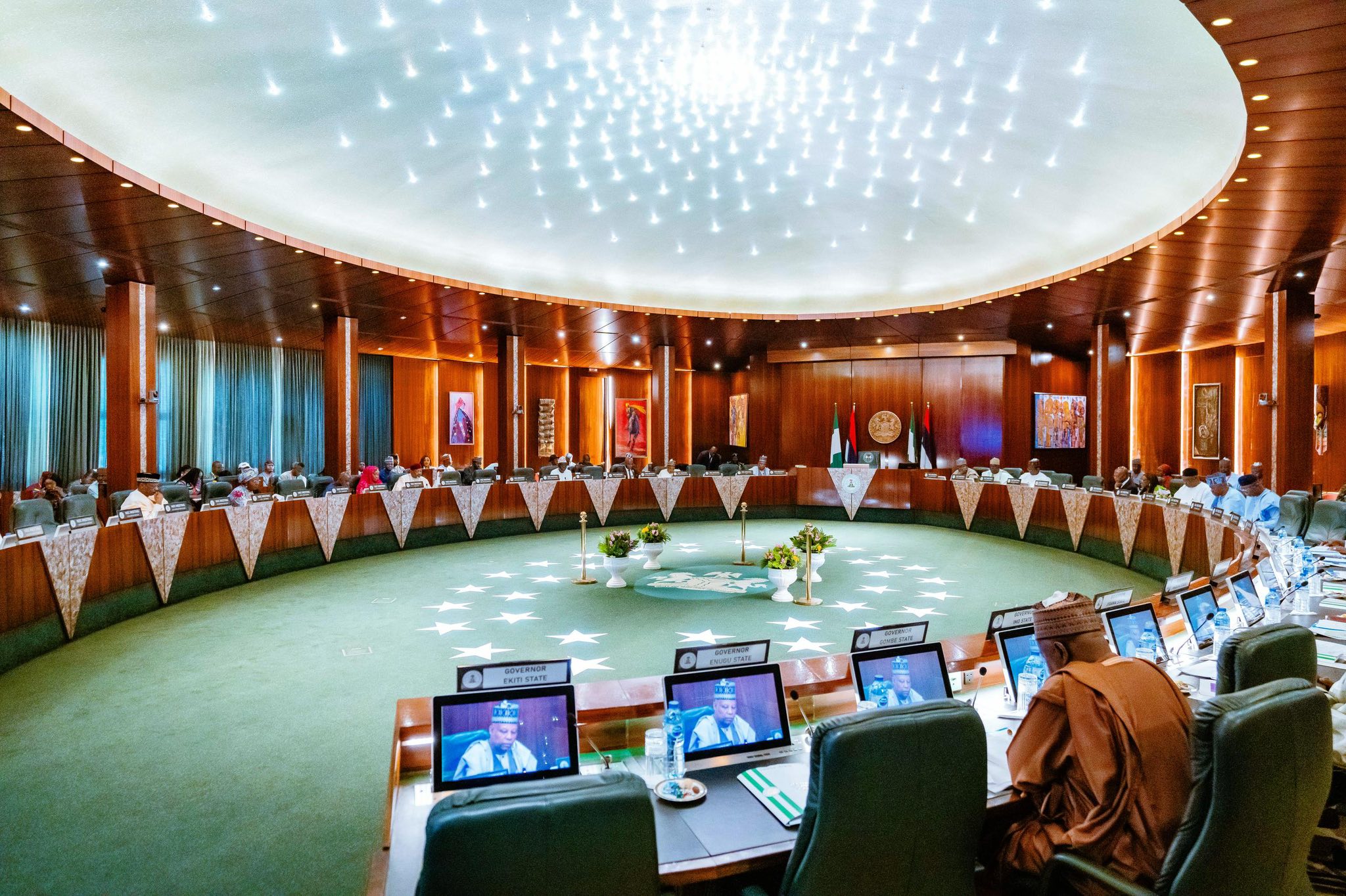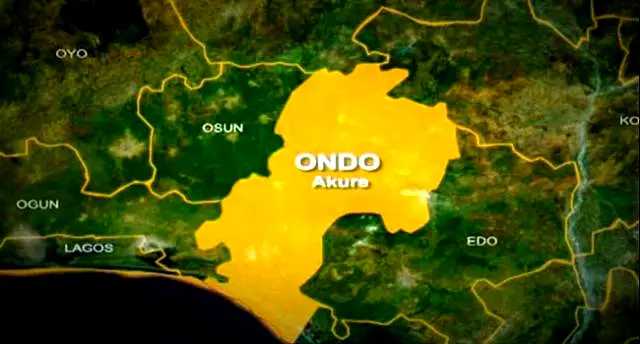South Africa Reverses Proposed VAT Increase
South African Finance Minister Enoch Godongwana is at the center of a political storm following the government's reversal of a planned value-added tax (VAT) hike. The proposed increase, intended to boost state revenue, met resistance due to South Africa's sluggish economic growth and public discontent over rising living costs. Godongwana announced he would introduce legislation to maintain the VAT at 15% from May 1, 2025, effectively scrapping the planned increase.
The decision to reverse the VAT hike came after facing significant opposition, including a legal challenge from a coalition government party. The about-turn creates a 75 billion rand ($4 billion) hole in the medium-term budget, forcing Godongwana to create a revised fiscal framework that aligns with the new realities of revenue and spending. Despite calls for his resignation from the DA and EFF, Godongwana has stated he will not resign, emphasizing that his role is to introduce money bills, regardless of their popularity.
Godongwana's decision is viewed by some as a victory for democracy, demonstrating the impact of public pressure and the role of public representatives in holding the executive accountable. The lack of initial consultation on the VAT proposal led to fierce debate and a delayed budget speech. The Democratic Alliance (DA) voted against the budget, highlighting the precarious position of the ruling African National Congress (ANC), which no longer holds a majority and requires support from other parties to pass legislation.
While the VAT reversal is welcomed by many South Africans, concerns remain about the country's developmental goals. The economy's slow growth rate poses challenges for job creation, infrastructure development, and social welfare spending. The National Treasury faces the challenge of addressing the R75 billion revenue shortfall without negatively impacting essential services for the poor, such as health and education. Some critics suggest that the extensive consultations now cited for the VAT withdrawal should have occurred earlier to avoid the last-minute climbdown.
S&P Global Ratings will closely monitor the revamped fiscal framework, with a credible outcome potentially leading to South Africa's first credit rating upgrade in two decades. Conversely, a negative assessment could increase borrowing costs and reduce investor confidence. Godongwana maintains that the final budget's sustainability, rather than political noise, will determine the ratings agency's decision.





